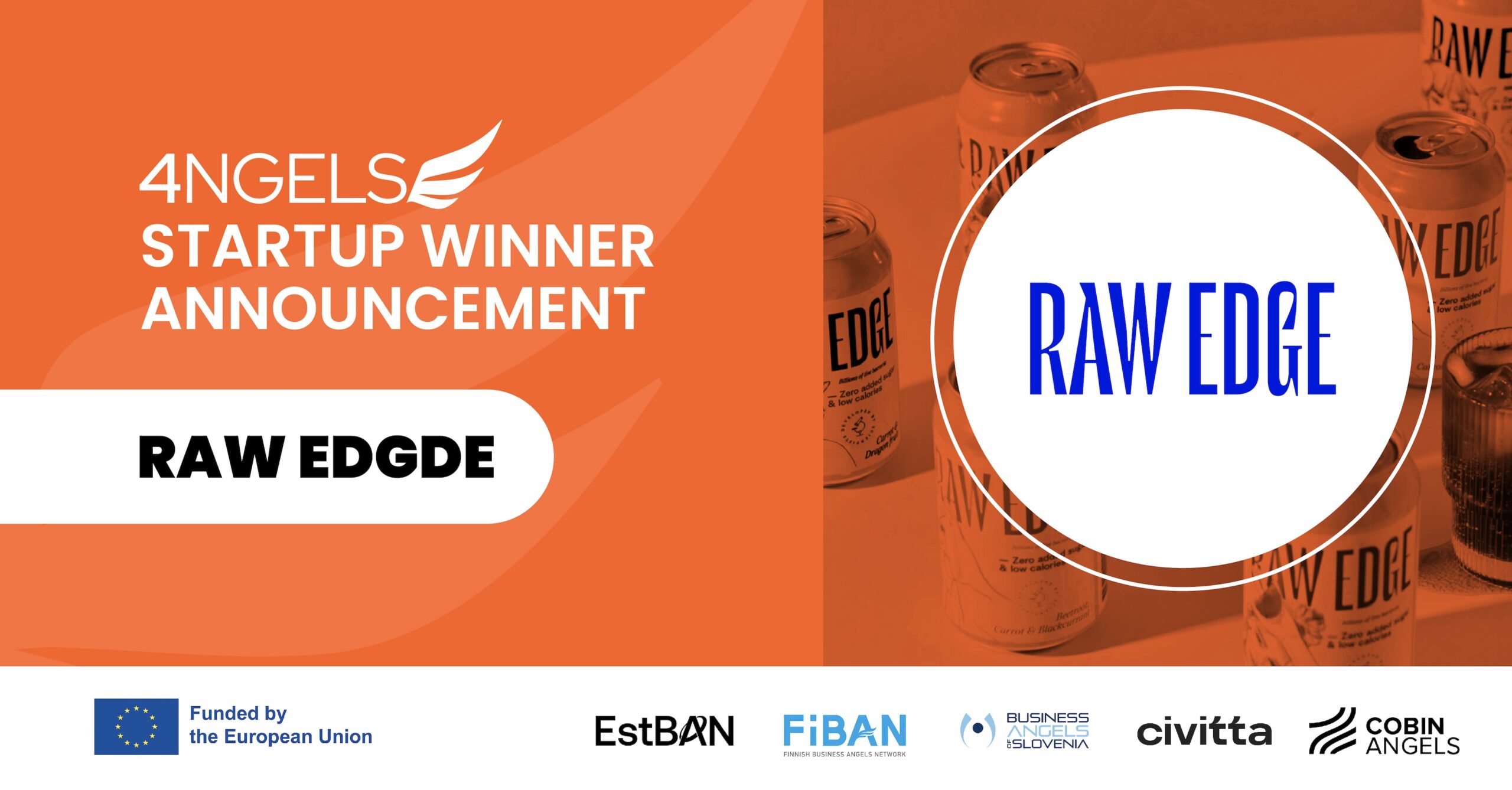This year has kicked off quite energetic – we’ve had the Annual Estonian Startup Ecosystem Fireside chat and sTARTUp Day is behind, not to mention the first EBAN conference in Estonia and Latitude59 that take place in May. Therefore it is a good idea to assess the current situation and how to approach startup investing in 2024 when the expectations seem to be low, but the excitement remains.
1. Continue to be Selective
Given the prevailing high-interest rates, investors must exercise caution and selectivity when choosing startups to invest in. The value of money remains paramount, and strategic decision-making is essential. As an investor, one should focus on startups with proven teams and robust business models. The main principles still apply.
2. High-Quality Startups are still attractive
Despite economic uncertainties, high-quality startups continue to be an attractive investment proposition. Investors should recognize that a well-executed idea with a strong team and clear market demand can still provide great returns. Quality startups possess the agility to adapt, innovate, and attract funding even in challenging times.
3. Frugality and Bootstrapping
Acknowledging the current economy, startups are advised to be more frugal in their spending and explore bootstrapping opportunities. This approach not only instills financial discipline but also makes startups more resilient. Investors should encourage their portfolio companies to adopt efficient cost structures, prioritize essential expenditures, and explore creative ways to stretch their resources.
4. Promising Verticals: AI and Military Technology
Two particularly promising verticals for me in 2024 are Artificial Intelligence (AI) and military technology (MilTech). In the AI sector, innovative startups are emerging with business applications that leverage AI for enhanced efficiency and productivity. As businesses increasingly recognize the value of AI, startups in this space are well-positioned to attract investment and contribute to the broader digital transformation.
Similarly, military technology presents unique opportunities for innovation. Startups working on cutting-edge solutions for defense and security applications are poised for growth. As geopolitical concerns persist, advancements in military technology remain critical, making it a compelling sector for strategic investments.
In conclusion, while the economic landscape may present challenges, the world of startup investments in 2024 is far from bleak. By being selective, focusing on high-quality ventures, encouraging frugality, and exploring promising verticals like AI and military technology, investors can find opportunities that not only weather economic uncertainties but also thrive in adversity. It’s a time for strategic and positive investments that contribute to the resilience and innovation of the startup ecosystem.
The article is also published in Estonian in Delfi, Ärileht.




